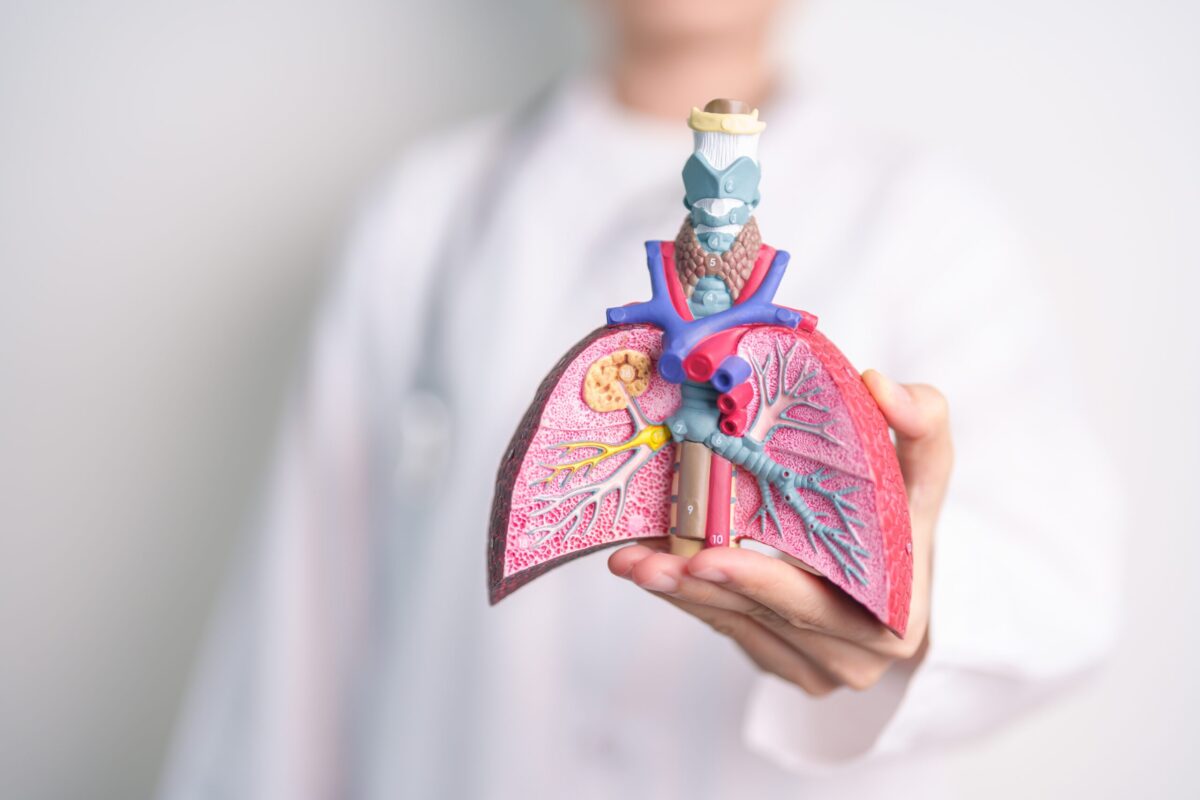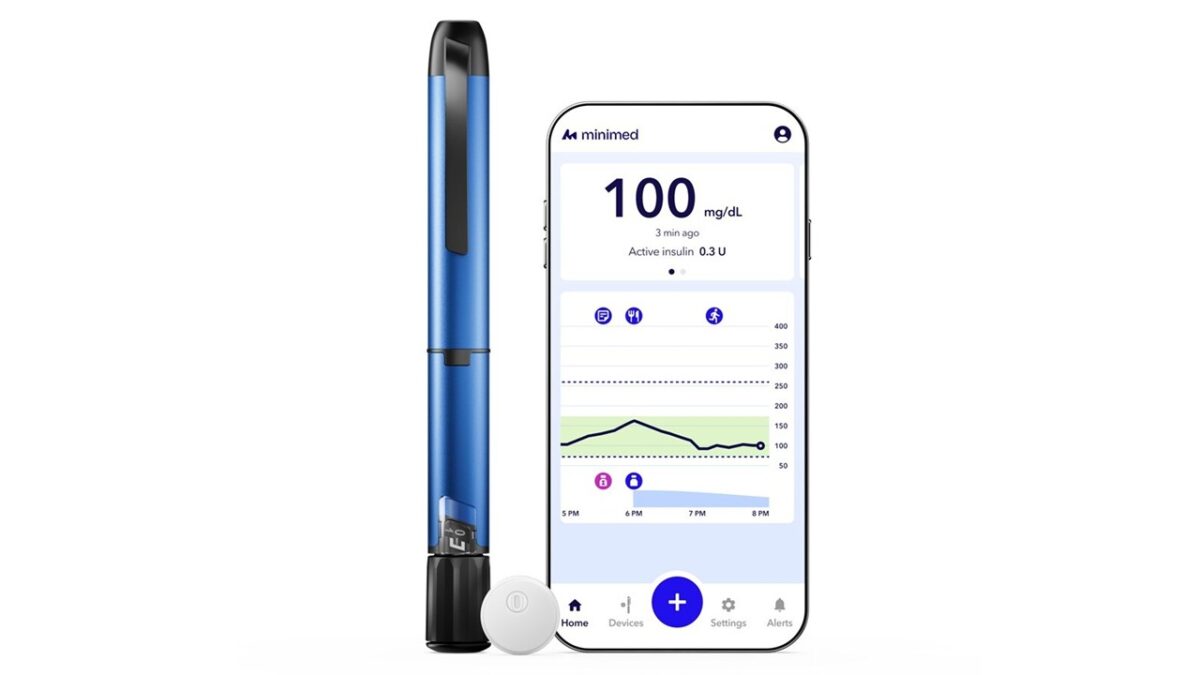Researchers at the Universities of Oxford and Ulster in the UK, are developing a drink filled with oxygen microbubbles which could help re-oxygenate hard to treat tumors, thereby increasing cancer treatment effectiveness. The drink could be administered in combination with traditional cancer treatments – including radiation and chemotherapy – to bolster the therapies’ chance of destroying the tumor.
Some tumor types – such as pancreatic cancer – are able to thrive and grow in low-oxygen environments, making them resistant to many standard cancer therapies. As these tumors grow, the blood vessels that deliver oxygen and other nutrients to the cancerous tissue begin to weaken.
When blood vessels fail to fully penetrate the tumor, cells in the center of the mass become nearly invulnerable to cancer drugs delivered intravenously. In studying how oxygen could be best delivered to the heart of the tumor, the UK researchers came up with the idea of an oxygenated drink.
As patients with pancreatic cancer have limited treatment options due to the tumor’s ability to adapt to low concentrations of oxygen, the researchers believe they could be good candidates to test the oxygen drink. While the treatment has potential, their main challenge is to determine how the oxygen bubbles could make their way from the stomach to the pancreas.
Oxygenation of tumors to increase treatment effectiveness is not a new concept; currently, patients have received the treatment by inhaling pure oxygen, sitting in an oxygen chamber or receiving oxygen-rich liquid injections directly into the tumor. Unfortunately, these drug delivery methods do carry a risk of side effects, including lung surface and nervous system damage.
According to the researchers, the oral oxygen delivery could be less expensive and safer than currently-available methods. “We’re especially excited about the potential this bubbly drink could have for hard to treat cancers like pancreatic cancer, where survival rates are low and better treatments are urgently needed,” said Professor Eleanor Stride, Cancer Research UK scientist at the University of Oxford. “We’ve had success in the lab in mice, so we’re now looking at how to scale this up for patients.”
Pancreatic cancer claims the lives of 8,700 patients in the UK each year, making it the fifth most deadly type of cancer. In response, Cancer Research UK has increased investment into treatments for the cancer, including providing funding for the current research.
“We’re investing in pioneering ways to improve survival for patients,” said Dr. Iain Foulkes, executive director for research funding at Cancer Research UK. “Professor Stride and her team are thinking outside the box, and this is just the sort of innovation we want to spark through our Pioneer Awards scheme. By being bold we aim to make a difference.”












Join or login to leave a comment
JOIN LOGIN